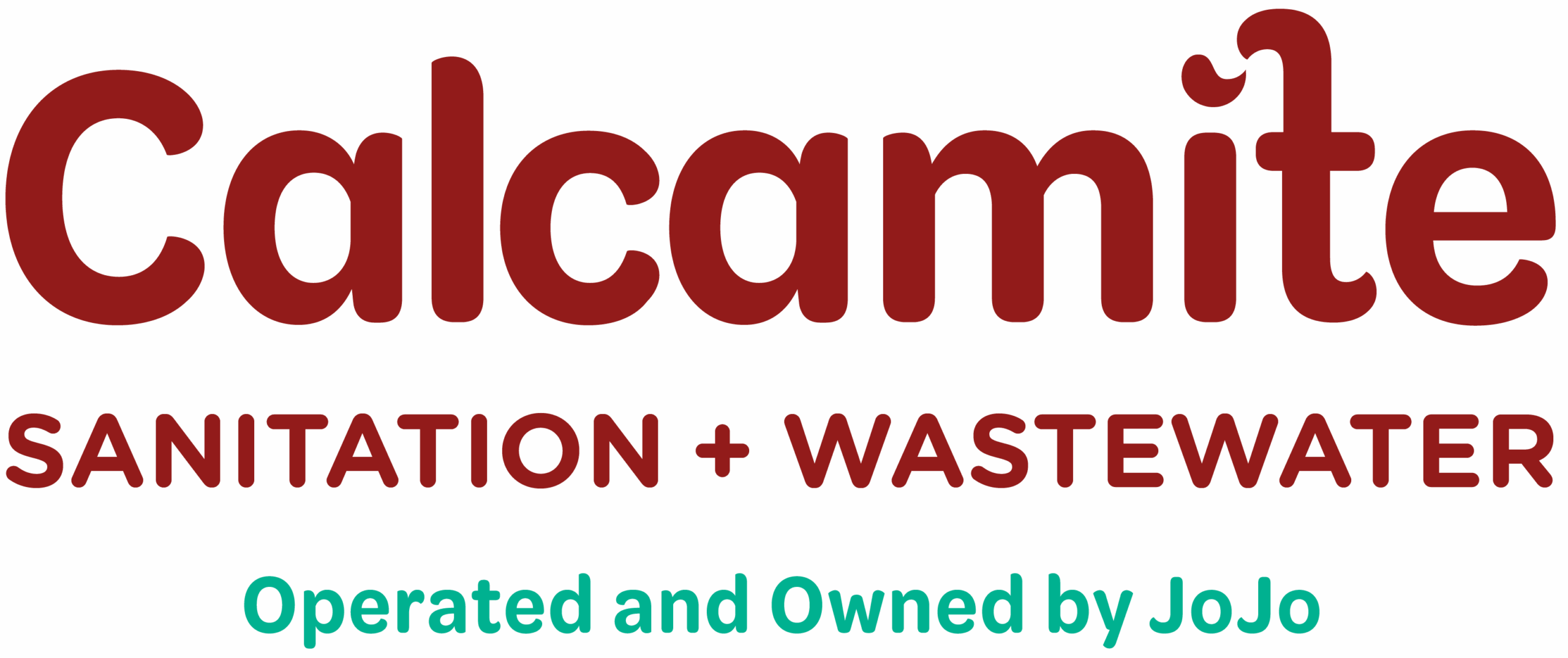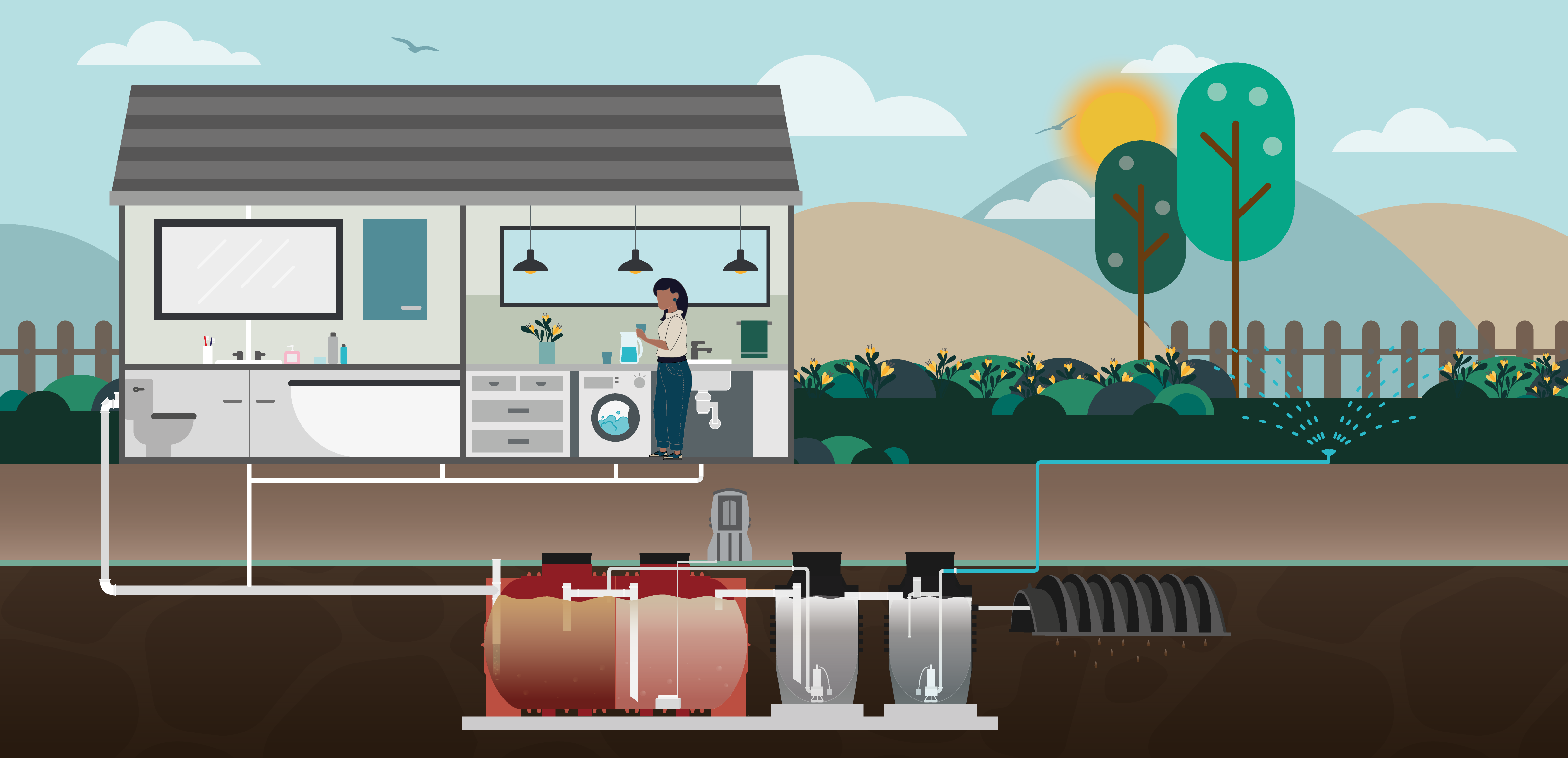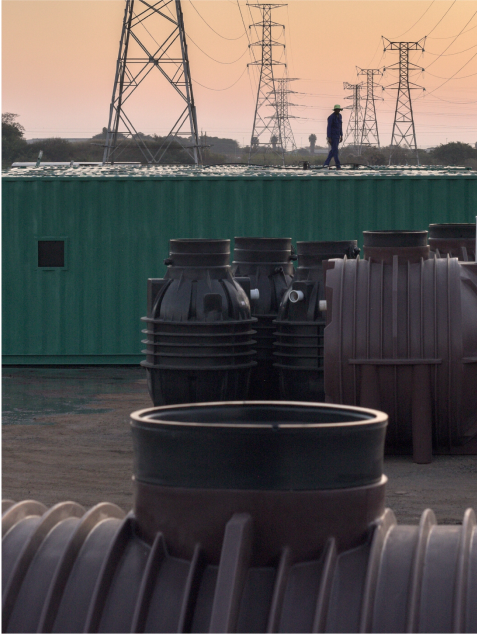At Calcamite, we understand the critical role wastewater treatment plays in safeguarding public health and preserving our environment. Properly treated wastewater not only protects our precious water resources, but also helps prevent the spread of diseases.
To achieve these goals, wastewater treatment systems need to adhere to both national and international standards. In this post, we’ll explore wastewater treatment regulations in South Africa and global guidelines.
Overview of Wastewater Treatment Standards
Wastewater treatment standards outline the acceptable levels of pollutants that can be present in wastewater before it’s released back into the environment or reused. These standards act as safeguards for public health and the environment, ensuring that treated wastewater is free of harmful substances that could contaminate water sources or pose health risks.
The parameters covered by these standards include chemical factors like pH, BOD (Biochemical Oxygen Demand), and nutrient levels, biological factors such as the presence of harmful bacteria, and physical aspects like turbidity . Each parameter has specific limits that must be met to ensure the safety and quality of the treated water.
In South Africa, the Department of Water and Sanitation (DWS) is the primary regulatory body responsible for setting and enforcing wastewater treatment plant regulations.
Internationally, organisations like the World Health Organisation (WHO) and the International Organisation for Standardisation (ISO) provide guidelines and standards that are widely recognised and adopted.
Compliance guarantees that wastewater treatment systems function optimally, minimising negative environmental and public health impacts.
South African National Standards for Wastewater Treatment
In South Africa, the regulation of wastewater treatment is primarily governed by the Department of Water and Sanitation (DWS), guided by key legislation and standards. The South African Bureau of Standards (SABS), while not directly involved in setting wastewater standards, plays a role in certifying products and systems used in the wastewater treatment process, ensuring they meet quality and safety requirements.
SANS Standards for Wastewater Treatment Plants
One of the most critical regulations to follow is SANS 241, the South African National Standard for drinking water. While it focuses on drinking water quality, it indirectly influences wastewater treatment standards, as the treated effluent discharged into the environment should not compromise the quality of raw water sources used for drinking water production.
The DWS has also established its own comprehensive guidelines and regulations pertaining to wastewater treatment. South African discharged effluent standards for wastewater treatment plants include:
- Effluent Quality: The DWS sets strict limits on the permissible levels of pollutants in treated wastewater before it can be discharged. These limits encompass chemical parameters such as pH, BOD, COD, and nutrient levels, as well as biological parameters like the presence of coliform bacteria.
- Discharge Limits: The DWS also regulates the volume and frequency of wastewater discharge to ensure that it doesn’t overwhelm the receiving environment and cause pollution.
Key International Standards for Wastewater Treatment
The International Organisation for Standardisation (ISO) has developed several standards relevant to wastewater treatment.
- ISO 14001, for example, provides a framework for environmental management systems, helping organisations minimise their environmental impact.
- ISO 24516-4:2019 directly address asset management in wastewater treatment plants and the classification of industrial wastewater.
The World Health Organisation (WHO) has published guidelines on the safe use of wastewater, excreta, and greywater. These guidelines aim to protect public health by minimising the risks associated with the reuse of wastewater, particularly in agriculture and aquaculture.
Critical Specifications for Compliance
To ensure compliance with both national and international standards, wastewater treatment systems must adhere to a set of critical specifications:
Effluent Discharge Quality
- Chemical Parameters: These include pH, which should ideally be within the range of 6.5 to 9.0. Biochemical Oxygen Demand (BOD) and Chemical Oxygen Demand (COD), indicators of organic matter content, typically have limits of 30 mg/L and 125 mg/L, respectively. Nutrient levels such as Total Nitrogen (TN) and Total Phosphorus (TP), are also regulated to prevent eutrophication in receiving water bodies.
- Biological Parameters: These focus on the presence of harmful microorganisms. Total coliforms and E. coli, indicators of faecal contamination, should be kept below specific thresholds. The absence or minimal presence of other pathogens is also crucial to ensure the safety of the discharged water.
- Physical Parameters: These include Total Suspended Solids (TSS), which should generally be less than 30 mg/L. Turbidity, a measure of water clarity, and temperature are also regulated to prevent adverse environmental impacts.
Water Recycling and Reuse
Treated wastewater can be a valuable resource, particularly in water-scarce regions. The WHO’s guidelines on the safe use of wastewater provide a comprehensive framework for managing health risks associated with reuse. These guidelines outline specific requirements for different reuse applications, emphasising the importance of proper treatment and risk management strategies.
In South Africa, the DWS also regulates water reuse, with specific stipulations for different applications. Compliance with these regulations is essential to ensure the safety and sustainability of water reuse practices.
Technology and Treatment Processes
Various technologies and treatment processes are available to achieve the required effluent quality standards. Commonly used processes include activated sludge, membrane bioreactors, and various filtration and disinfection methods. At Calcamite fixed film activated sludge technologies are used.
Monitoring and Reporting
Wastewater treatment plants are required to conduct routine testing of effluent quality and other operational parameters. This data must be reported to the relevant authorities to demonstrate ongoing compliance with the standards. In South Africa, the Green Drop Programme plays a key role in assessing the performance of wastewater treatment facilities and ensuring adherence to regulations.
Challenges in Meeting Standards
Achieving and maintaining compliance with wastewater treatment standards is not without its challenges. In South Africa, several obstacles can hinder progress.
Outdated infrastructure, inherited from previous eras, may struggle to meet the stringent requirements of modern standards. Water scarcity, a pressing issue in many regions, can further complicate wastewater treatment efforts. Funding limitations also pose a barrier to upgrading and maintaining treatment systems.
Overcoming these challenges requires a proactive approach. Investing in modern technology and infrastructure is crucial for ensuring that wastewater treatment systems remain compliant and efficient. This may involve upgrading existing facilities, adopting innovative treatment processes, or implementing advanced monitoring and control systems.
In Closing
At Calcamite, we understand the complexities of wastewater treatment and the challenges of achieving compliance. We offer comprehensive wastewater treatment solutions tailored to your specific needs and local conditions.
Learn more about our:
Comprehensive Sanitation and Wastewater Management Services
Our expertise in design, production, installation, and maintenance ensures that your system operates optimally and meets all regulatory requirements. By investing in compliant systems, businesses and municipalities can contribute to a cleaner, healthier, and more sustainable future.
Contact us today to learn more about how Calcamite can help you achieve wastewater treatment compliance and contribute to a better future for all.



